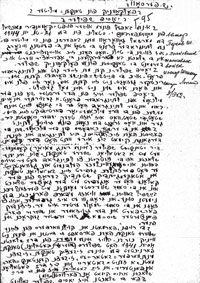Iosif Shpiller was born in 1907 in Oranienbaum near St. Petersburg, Russia outside the Pale of Settlement. His father was a clerk at a faience workshop, where Iosif began to work as a messenger.
In 1924 Iosif Shpiller volunteered to serve in the Red Army. During the Russian-Finnish war of 1939-1940 he served as chief of staff of a tank regiment.
At the beginning of the Soviet-German war that broke out on June 22, 1941, with the rank of major he commanded a tank battalion on the Leningrad Front. He personally took part in the fighting. In the course of three fierce battles in the fall of 1941 the battalion under his command destroyed more than 70 German tanks and three infantry battalions. In December 1941 his commanders recommended that Shpiller be awarded the very prestigious Order of Lenin, but instead he received only the Order of the Red Banner.
During the war Shpiller rose to the rank of colonel. From May 1944 he served as a tank commander with the 21st Army that participated in fighting in Germany. He was awarded two additional Orders of the Red Banner and the Order of Kutuzov, 2nd class.
Shmuel Persov wrote the article "Colonel Iosif Shpiller," that was published in the Jewish Anti-Fascist Committee's newspaper Eynikayt on July, 20, 1944.
In June 1945, after the victory over Nazi Germany Iosif Shpiller was appointed a commander of the tank forces of the 36th Army on the Trans-Baikal Front and, in this capacity, was involved in the fighting against Japan.
He retired from the army in 1954.
Iosif Shpiller died in 1982.







